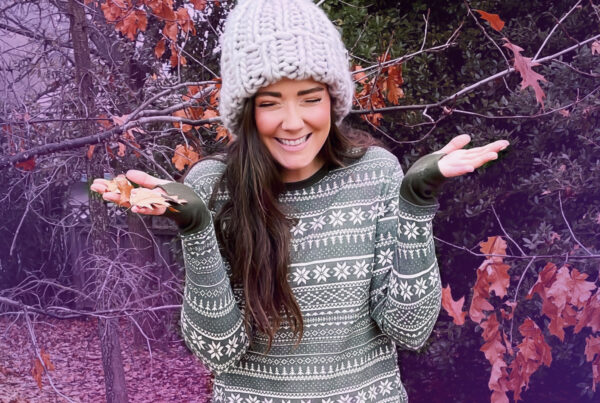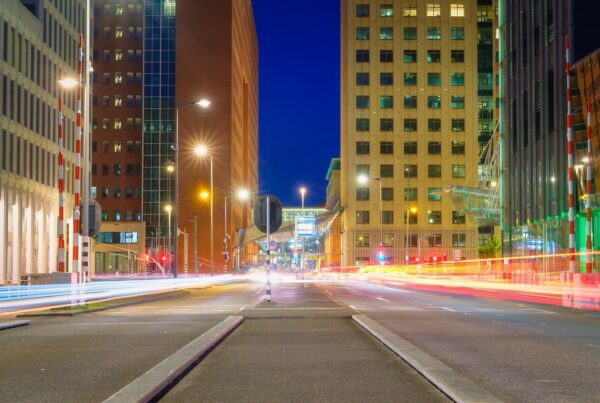To highlight the wide diversity of journalism innovation projects proposed by our 100% Journalism finalists, we’re running short Q & As with our ten finalists.
 When the twin towers fell on September 11th, 2001, Masada Siegel watched in horror from a CNN newsroom in Manhattan. Then, after two years of covering the fallout from the terrorist attacks, Siegel decided it was time to move on from traditional journalism.
When the twin towers fell on September 11th, 2001, Masada Siegel watched in horror from a CNN newsroom in Manhattan. Then, after two years of covering the fallout from the terrorist attacks, Siegel decided it was time to move on from traditional journalism.
Since then, her writing and reporting has focused on telling what she calls positive stories about the good that’s taking place in the world. Covering everything from skydiving to Alaskan moose country to vice presidential motorcades, Siegel has freelanced for The New York Times, Reuters, CBS, Newsweek/The Daily Beast and The San Francisco Chronicle to name a few. As one of the finalists in the 100% Journalism Challenge, Siegel wants to hire freelancers from around the world to seek out positive stories for inclusion in an anthology and eventual website.
The following is an excerpt from Ebyline’s interview with Siegel, edited for clarity.
Tell us about positive journalism and your #journo100 project proposal.
I’ll say that I’ve covered some really tragic, horrible stories and I really do believe that you have to see past it because you can wander through the journalism media world and become completely jaded and unhappy. After I covered September 11th for two years I found myself really looking at things in a negative way. And I was tired. I was tired emotionally. I was tired with everything so I basically, for a variety of reasons, just quit my life. I quit journalism, took my savings and went backpacking to Australia and New Zealand because I had never been and I felt I had seen pretty much the worst that I’d ever want to see and I wanted to fill my head with beautiful places and beautiful thoughts. I wanted to see the other side.
After quitting, why did you return to journalism?
I think if you’re a journalist or a freelance writer, you can’t escape it. It’s part of who you are. I always say: I didn’t choose to write, writing chose me. You’re really making no money and so you have to be passionate about it, you have to love what you do, you have to feel that you’re getting something out of it. And I know as a journalist I feel like I’m learning every single day, whether as a freelancer I’m learning on the business end how to market myself and sell my stories… and on the other side I get to interview amazing fabulous people who have changed the world, and at this point it’s usually people who have changed the world in a more positive way.
How do you envision using freelancers for this project?
I could see a book with, I don’t know, 10 to 15 stories. I would love stories about someone interviewing the Dalai Lama, or something that happened to the next-door neighbor that was just really meaningful. I envisioned doing some of the writing myself and hiring other people to do the writing as well.
Who do you think will benefit from your coverage of this topic?
Everybody. I think I have a wide audience. I think [there are] a lot of people who have gone through a rough number of years, whether it’s financially or whether it’s, you know, we’ve had wars going on and we’ve had soldiers overseas. I think a positive book, looking at things on the bright side can help everybody whether it’s the 13-year-old kid or the 90-year-old grandparents. I just think the more positive inspiration you have around you or in a book of other people’s experiences, the better off we all are.







